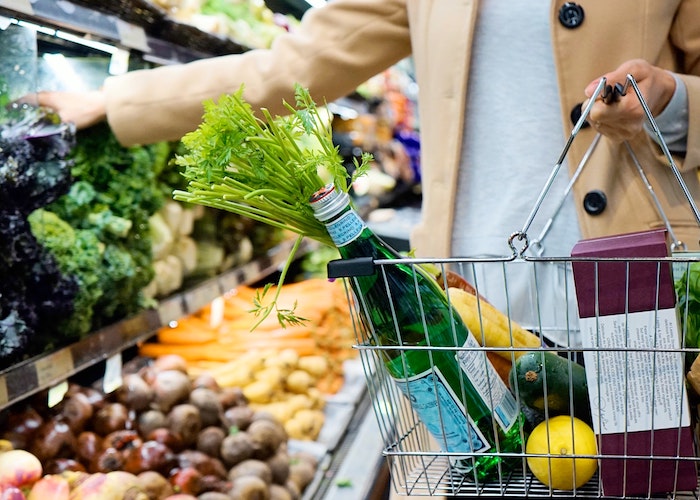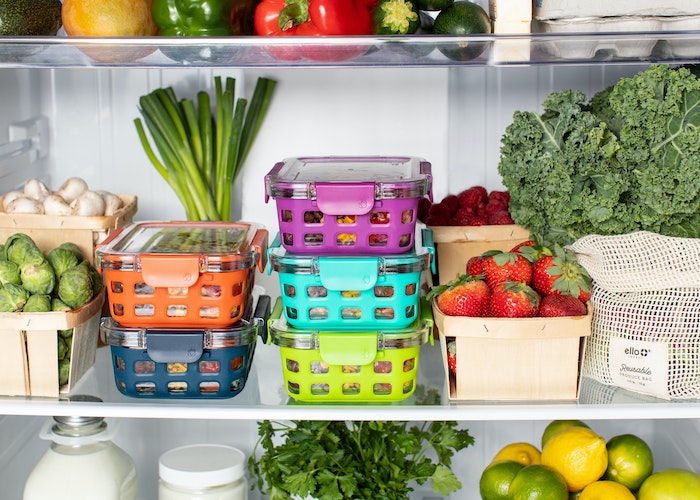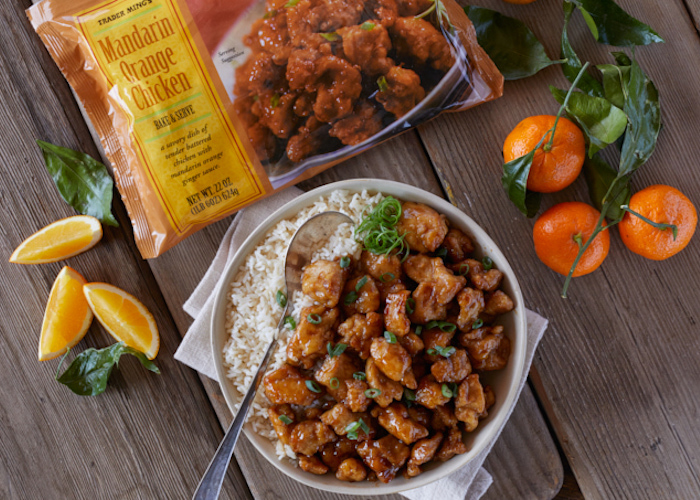The 2 Biggest Grocery Saving Myths I’m Choosing To Ignore
I have a tendency to get a bit obsessed with my budget sometimes. I review expenses to see where I can try to cut back a bit, and am a sucker for all the silly life-hacks on social media that promise to help me live my best, most efficient life. However, at some point, these tips, tricks and rules become counterproductive, and start to cost me both time and money.
This isn’t to say that all conventional wisdom that your grandmother told you is rubbish, or that all money-saving tips don’t work, but rather that we shouldn’t mindlessly subscribe to rules without considering our situations. Here are two pieces of advice that backfired, and ended up costing me more money.
1. Buy things in bulk
If you buy things in larger packages, they tend to be cheaper per unit. Lots of supermarkets include the price per 100 grams or per unit on the shelf labels, so when choosing which jar of peanut butter to get, you can see which one is the best value. A lot of the time, it makes sense to buy the biggest packet that is practical for you.
However, I’m really bad at thinking about what is practical for me. I have a tendency to toss whatever is the most cost-efficient version of whatever I need into my basket without considering if I will be able to eat it before it turns into a health hazard. As a result, I’m ashamed to admit how much stuff I’ve had to throw out because it went bad before I could eat it. While the 250-gram packet of tofu may be cheaper per gram than the 100-gram one, it will still cost me more money total — and for stuff I’m not going to be able to eat all of! Bulk buying of these items is great for times when I’m cooking for my whole family, or have a big group to feed. Usually, though, I only cook for myself, so it just ends up being incredibly wasteful, which ends up taking a major toll on both my wallet and the environment. Plus, it makes cleaning the fridge a really gross chore.
There is also another side to it: if you buy more food at any given time, you are likely to eat more of it. You might have heard that we eat more if we have our food served on bigger plates and bowls. A similar process is at play when I have giant packets of food sitting in the cupboard. It’s easy to be extra generous when grabbing tortilla chips from the XL jumbo bag compared to the regular size, or have those extra couple of squares from the family-sized block of chocolate.
The lesson I’ve learned is: buy in things in bulk that will keep for a long time, and that you won’t be tempted to binge on. Things like bathroom supplies and non-perishable cooking ingredients are great things to bulk-buy and save money on. Veggies, dairy, and chocolate are not.
2. Buy things on sale.
When I am in the grocery shop, much like a clothing shop or discount pharmacy at the mall, I am a sucker for things on sale. I am drawn like a moth to a flame to anything with a tag announcing that the price is reduced. There is something attractive about the idea of getting things for less than they are worth — a small rush like I’ve somehow beat the system. (Ha! Take that, grocery shop, I’ve bought the items that you were deliberately trying to get me to buy!)
Sometimes, it makes sense to stock up on things that are on sale. If my favorite teabags are 50% off, I should probably buy a box (or two!) because they will keep for a long time, and I will definitely use them. Other times, it will lead me to buying stuff that I end up regretting later. Because I feel like I am getting a good bargain, I’m inclined to buy things that I wouldn’t normally get, like a box of wheat crackers when I’m trying to be healthy or a weird vegetable, which I tell myself that I’m totally going to learn how to cook before it grows mold. This can be what really blows my grocery budget far beyond what I intend to spend.
This is where a grocery list comes in handy, as it forces me to stop and consider what I really need. Taking the time to pause and consider if I really need (or will actually eat) those jars of almond-cashew butter can save me from serious buyer’s remorse.
Sometimes, conventional wisdom and modern life-hacks can save us a good amount of money by getting us good deals, or by saving us from bad choices. However, if we don’t switch on our brains and unquestioningly follow them, we can end up making some stupid choices. It is super important to remember that what works for one person may not work for you, or even that a tip that worked for you once may not always apply to your present situation. Instead, I’ve learned that I need to think advice through instead of unquestioningly accepting it — and to forgive myself for the silly choices I’ve made in the past.
Hannah is a science student living in Sydney, Australia. She loves reading fantasy novels, hiking, and drinking tea (though not all at the same time).
Image via Pexels





